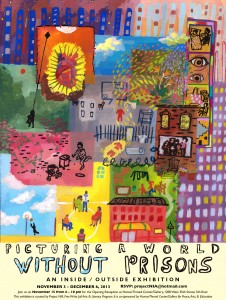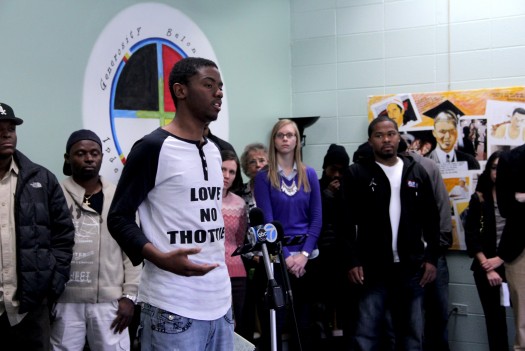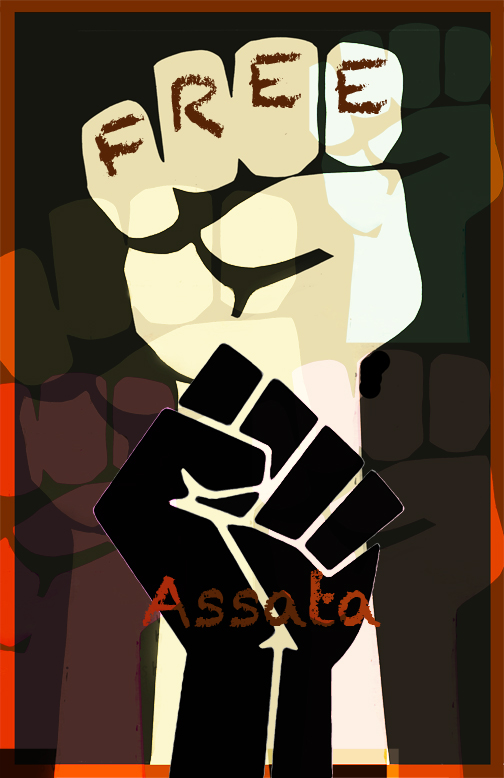19 year old Renisha McBride had a car accident. Her cell phone died. She knocked on strangers’ doors. She needed help. She was shot in the back of the head.
She’s dead.
And I don’t understand why I’m not running around in circles screaming with grief. I heard about Renisha’s killing two days ago. I tweeted a couple of sentences describing the tragedy. I wanted to add that black lives matter but didn’t because it felt hollow.
Another irreplaceable young black life was violently interrupted. And I couldn’t bring myself to feel… anything. I joined the others on social media who shrugged away our shock.
As word about Renisha’s death traveled across the internet yesterday, the whispers got a bit louder but the outrage was still muted; tempered by the fact that she’s a black girl and therefore the most disposable body on the planet.
I’m worried today because I know that some of the young women in my life (goddaughters, nieces, mentees, clients) are going to ask me about Renisha and I won’t have the words to describe what this type of killing is about. I don’t have the language to describe any of this so I’ll rely on Pearl Cleage’s words until I can find my own again:
“It is a dangerous time to be a black woman in America. It’s a time when we are not safe in the streets or at home or at school or at work and nobody seems to be able to do anything about it. Nobody. Not us. Not our mommas. Not the police. Not the people we elected to look out for our interests. Nobody. We’re just out here. (p.53)”
We’re just out here… That phrase resonates profoundly. We’re just out here unprotected, reviled, and mostly on our own. We’re just out here locked in prisons. We’re just out here getting killed.
I confess to being exhausted. Perhaps I’m not running around in circles screaming with grief because I know that it isn’t nearly enough. Fear of opening up Pandora’s box can be mistaken for apathy or callousness. Letting the emotions penetrate means that I’ll have to engage in some appeal for action. And I just can’t do it. Because I’m tired and as June Jordan has written engaging would mean that:
“As a Black woman/feminist, I must look about me, with trembling, and with shocked anger, at the endless waste, the endless suffocation of my sisters: the bitter sufferings of hundreds of thousands of women who are the sole parents, the mothers of hundreds of thousands of children, the desolation and the futility of women trapped by demeaning, lowest-paying occupations, the unemployed, the bullied, the beaten, the battered, the ridiculed, the slandered, the trivialized, the raped, and the sterilized, the lost millions and multimillions of beautiful, creative, and momentous lives turned to ashes on the pyre of gender identity. I must look about me and, as a Black feminist, I must ask myself: Where is the love? How is my own lifework serving to end these tyrannies, these corrosions of sacred possibility (p.145).”
We know that we should be driving to Detroit to stand with Renisha’s family. We should be there and yet so many of us are hanging by our fingernails right now trying to keep our worlds from splitting open. We shrug away our shock because we are afraid that speaking the truth about the disposability of black girls’ and women’s bodies exacerbates our pain and perhaps ultimately will swallow us whole. Self-preservation and survival dictate then that we shrug away our shock and hold our breaths knowing that the next Renisha is around the corner. And that she may be us.
Update:
Dream Hampton put together a short video about the tragedy:

![Female prisoners in the fourth police station. [Female prisoners in the 4th police station.] (1872) - NYPL Digital Collection - From Lights and shadows of New York life, or, The sights and sensations of the great city. (Philadelphia : National Publishing Co., c1872) McCabe, James Dabney (1842-1883), Author.](https://www.usprisonculture.com/blog/wp-content/uploads/2013/08/womenprisoner1870-e1377668258948.jpg)





